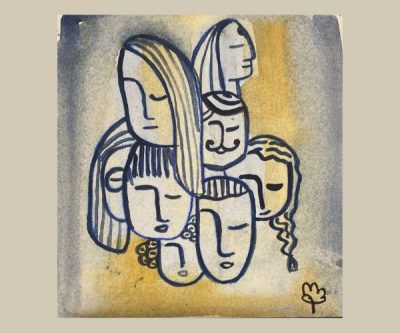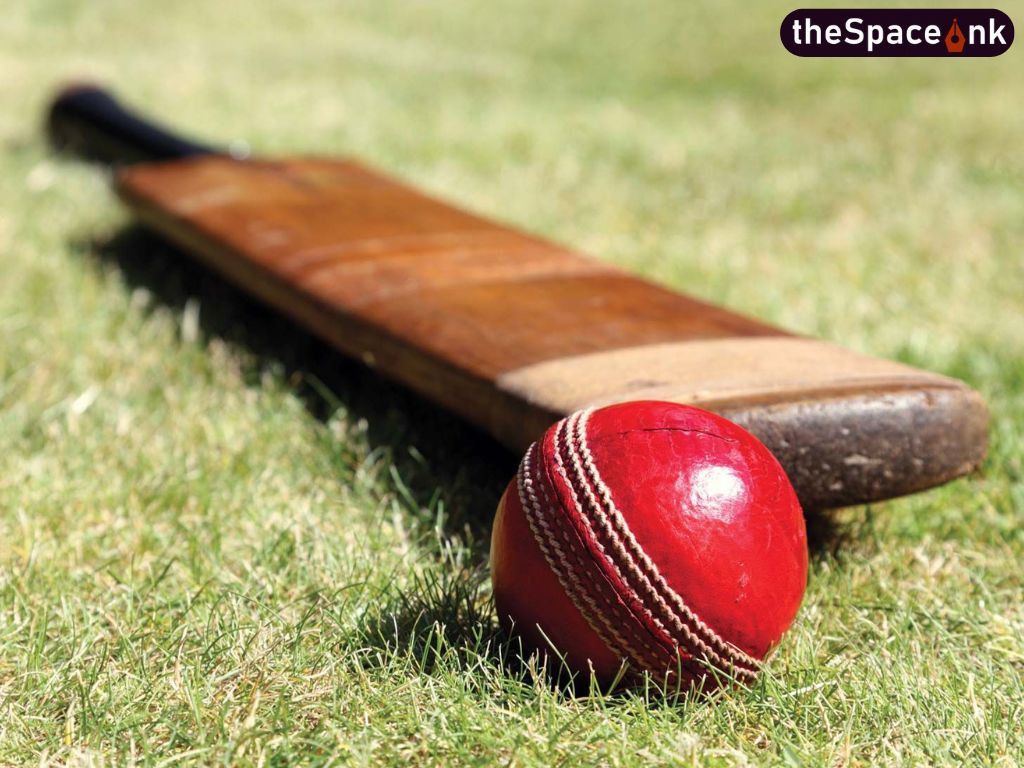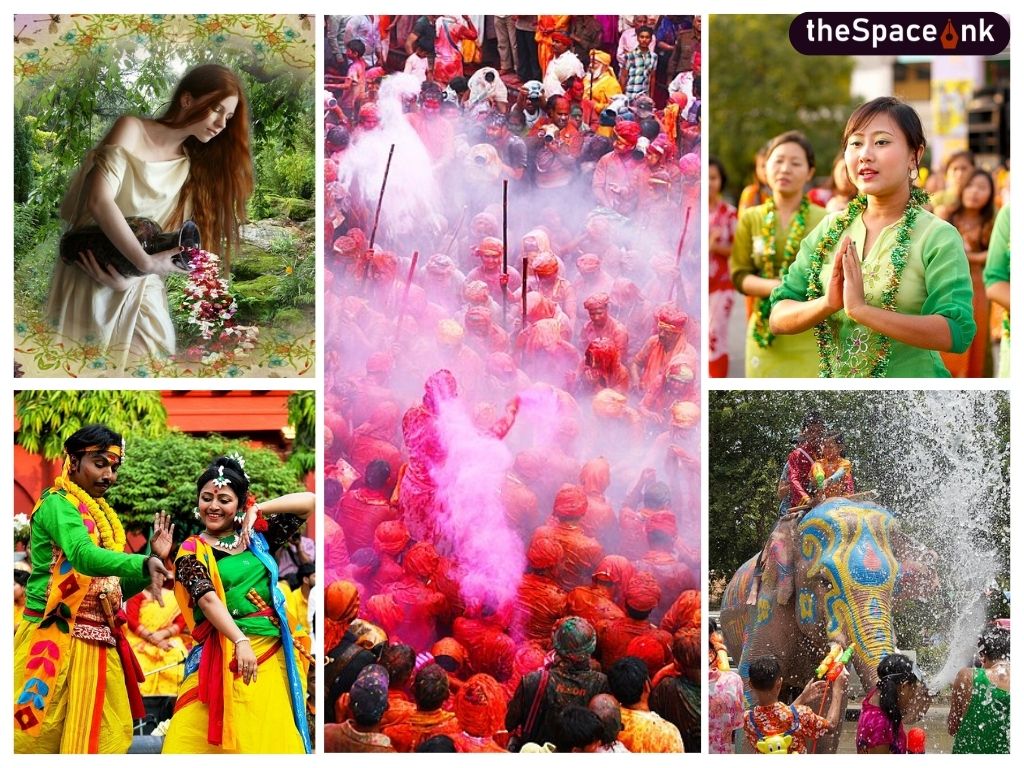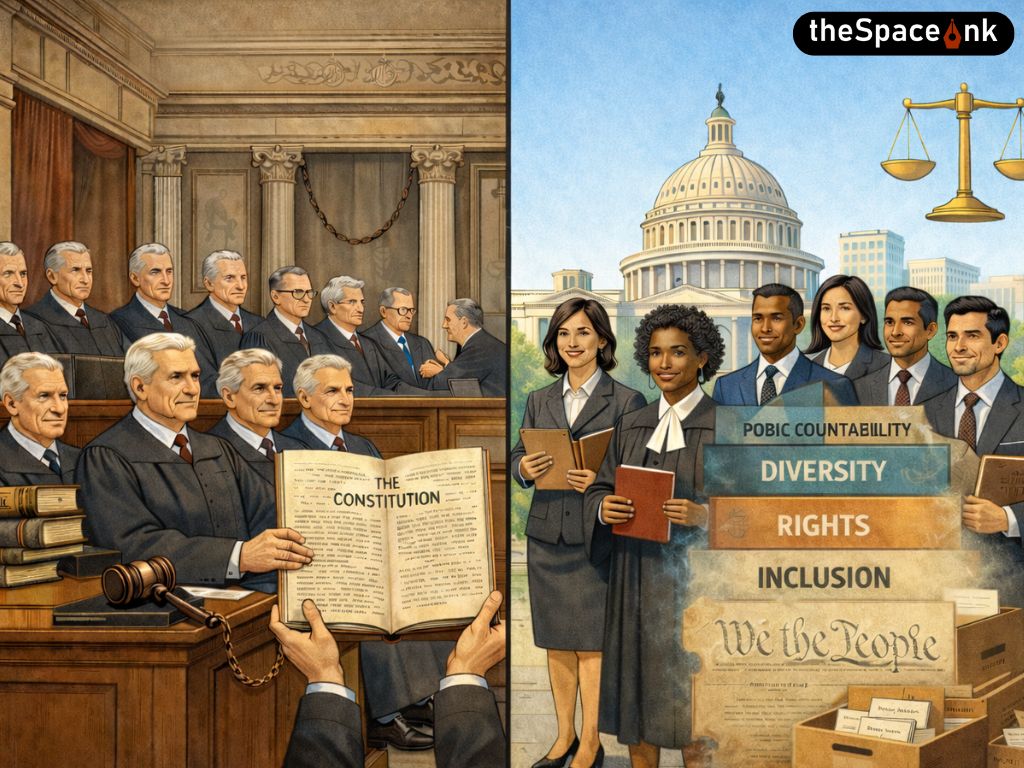Deepika Singh is a nursing officer from Chandigarh. She works for the Post Graduate Institute of Medical Education and Research (PGIMER). The HR (Human Resources) rejected Deepika’s application for maternity leave on the ground that an employee is eligible for maternity leave only twice during her employment tenure. However, Deepika’s case was much more complicated than the set norms and called attention. Why and how? Here, after the death of her husband, Deepika remarried a widower with two kids. She had then applied for child care leave to take care of her step-children. Then when she became pregnant and needed to apply for maternity leave in due time, her leave application was rejected. She challenged the system and took up the fight. After being denied her rights in the lower courts, she continued her legal battle until the Supreme Court of India granted justice not only to her but redefined the family in new terms for generations to come. A just fight for the right time.
On 16 August 2022, in the Deepika Singh v. Central Administrative Tribunal case, the Supreme Court ruled in favor of Deepika Singh. It argued laws should be amended to accommodate the needs of ‘atypical’ families and households not bound by the conventional father-mother-biological child framework.
That brings us to the question- What would be the correct definition of a family? What are its foundations? Are families just about the ‘saas-bahu’ (mother-in-law vs. daughter-in-law) depiction in television sitcoms and Bollywood masala movies? Now is the time to question traditional norms and take a fresh look at a ‘family’ composition.
There are many families in our country where biological parents cannot take care of their children for numerous reasons, and someone special has to take up the role of a caregiver. Then there are families with live-in partners, homosexual partners, single parents, and a host of other ‘types’ of households who deserve the rights and legal securities that conventional families enjoy. There came the ultimate need to define the Modern Family of our time. The historic verdict by the Supreme Court of India in the Deepika Singh v. Central Administrative Tribunal case takes us one step closer to acknowledging and validating the unconventional familial bonds that define our society.
The predominant understanding of the concept of a “family” both in the law and in society is that it consists of a single, unchanging unit with a mother and a father (who remain constant over time) and their children. This assumption ignores both, the many circumstances which may lead to a change in one‟s familial structure, and the fact that many families do not conform to this expectation to begin with. Familial relationships may take the form of domestic, unmarried partnerships or queer relationships. A household may be a single parent household for any number of reasons, including the death of a spouse, separation, or divorce.
Justice D Y Chandrachud
While reading out the verdict, Justice Dhananjaya Yeshwant Chandrachud said, a proper survey conducted by the Organization for Economic Cooperation and Development (OECD) has revealed that, on average Indian women spend 352 minutes every day in ‘unpaid’ work. This work primarily concerns taking care of children and managing households. Justice Chandrachud also stated that the average Indian man’s role in the domestic space is negligible, and women are ahead of men by 577% in this respect. And that is precisely why women lag behind men in the professional space. Women’s professional careers are being neglected and sacrificed for raising children and managing households. Many urban women quit the workforce after having babies, under pressure from their families. But the responsibility of raising a child should ideally rest on the entire ‘family’ and not on the biological mother alone.
Justice Chandrachud has delivered several historic verdicts in the recent past. His judgments on the abolition of section 377, removing adultery from the list of criminal offenses, enabling women aged between 15 and 50 years to enter the Sabarimala temple, and on the appointment of women in all ranks of the Indian military and naval forces are considered historic moments in the country’s judicial reforms. This latest verdict has also awakened hope among the LGBTQ community as many consider it a step closer to the legal acceptance of same-sex marriages in India. It also strengthens the principles of Equality and Freedom laid out in the Indian Constitution.
The global Indians are waking up to the new realities of human relationships. They are gradually breaking themselves free of the shackles of age-old societal practices. Recently, my scientist friend, who is in the US, married her same-sex partner. We all witnessed the happy ceremony from the other side of the globe. It was midnight in India, yet we, her friends and family, were wide awake and participated in the joyous celebrations with them over the Zoom call.
Another friend, a college professor, has decided to adopt a child as a single parent and start a family of her own. Initially, our friends and families were concerned and skeptical about the process. Albeit, all participating government agencies have consented and helped to proceed with paper works without any qualms about granting adoption rights to a single mother. I’m hopeful and elated at the change that is slowly but steadily taking place all around us.
Three decades ago, our country was a different place to grow up. My parents divorced in the eighties, and their legal battle was a long haul. The schools in my hometown, Kolkata, denied admission to a little girl. Her only shortcoming was that she lived with her mother alone and could not afford the father’s signature on official paperwork. I was fortunate, unlike other kids of similar status, that my maternal grandmother was a distinguished academician, so I could finally attend a school of my mother’s choice. Before that, there were rejections from several schools, and I still recollect those tearful eyes, pain, and anxiety on my mother’s face. Those sleepless nights with uncertainties traumatized me as a kid. It haunted me, and I carried the burden for years to come.
First forwarding thirty years, when I relocated with my ten-year-old son to Mumbai with a new job, I faced no hurdle in admitting my son to school based on my preferences. It is common practice in Maharashtra to use one’s father’s name as the middle name, but I chose our Bengali convention of not using a middle name. That was accepted readily by the school. He was admitted to a good school, and I did not need his father’s signature. Mother was well accepted as the legal guardian of the kid, unlike my time when my mother, as a single parent, faced a thousand questions and was denied admission for her daughter. Sure, we are still far from home base, but the winds of change are decisively here to stay for the betterment of our lives.
Society must acknowledge the Modern Families of our time.
Madhuja is a television producer who divides her time between Kolkata and Mumbai. She is an avid traveller and likes to scribble down her thoughts when she finds time after juggling a very demanding job and a school-going son.







